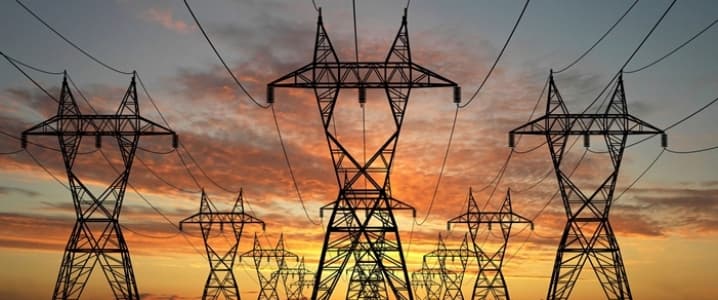Back in the heady days of Thatcherism, the British government sold just about all its commercial assets: the banks, steel company, airline, ports, and utilities. Most of these assets had come under government ownership after World War II when the Labor Party took control of government.
As we have argued elsewhere (in the book Electricity Acts and in numerous articles), the problems afflicting those industries after the war did not require nationalization. But Labor decided nationalization was a solution to whatever the problem. The party's constitution was written in 1918, which after all was a fairly heady year for the left. Nationalization was an ideological as well as economic decision. So was privatization.
We know this because more than half a century later, Thatcher in the 1980s fell under the influence of thinkers like F.A. Hayek, who warned that government ownership of the means of production would allow the government to curb the freedoms of the citizenry.
Hayek had seen how European Fascist and Communist regimes in the early 20th century had taken control of the economy and used it to perpetuate their rule. Getting the government less involved with the economy meant freedom. Consequently, privatizing various industries became a key part of Thatcher’s program. Although, in addition, the government did seem to appreciate cash injections from selling former government assets to the public.
Hayek, it should be noted, specifically favored regulation of privately owned utilities over government ownership. Privatizing a government-owned electric or gas company or water supplier would solve all the problems that developed under government ownership, the government seemed to believe. But, just as in the case of nationalization, the government provided little hard evidence that privatization was the solution.
Take the electricity industry for an example. More than two decades of reforms had cured most of the problems that disturbed the reformers in 1918. And solving the last problem, the expiration of old franchises, could have easily been handled without nationalizing the industry. Related: The OPEC Deal May End In June
Two major decisions afflicted electricity users after nationalization. One was the decision to rely on overpriced coal from Britain’s the nationalized mines. The second was the government’s insistence on foisting a thoroughly uneconomic nuclear program on the industry in order to develop a domestic nuclear industry for military and export purposes. (The Conservatives went along with the coal policy and pushed the nuclear policy before Thatcher’s day.) Those problems could have been taken care of without changing ownership.
Fast forward more than a quarter century after selling off the electric industry in 1990 and putting it under light handed regulation (incentive or price cap regulation which has attracted attention and adherents all over the world). At present, Prime Minister Theresa May's Conservatives shakily retain power. Jeremy Corbyn's insurgent Labor Party advocates renationalization of utilities. The ideological pendulum swings back.
We can attribute this flipflopping over public ownership of key industries to differences of political ideology, but here’s the thing: Prominent academic economists — including veterans of Thatcher's ideological crusades — now argue (alter the obligatory denunciation of greenish drinking water, only black phones and slow trains during Labor’s nationalized era) that privatized services, about 25 years after privatization, have become too expensive.
It seems that despite privatization, the government has consistently felt compelled to intervene in power markets in favor of high risk, capital intensive power generating facilities typically involving nuclear technologies. (See Financial Times’ January 15 letter to the editor from Ian Byatt, Rupert Darwall and Stephen Smith). They argue that a regulated industry like electricity may end up renationalized. Why? Because despite privatization, government policies regarding the industry has rendered its structure uneconomic and incoherent. Related: Oil Prices Rebound After EIA Reports Another Large Crude Draw
Our message: tread carefully. Britain's unregulated electricity suppliers are already in financial difficulty. The government wants to reinstitute price controls. The nuclear revival requires enormous financial support and resolve that could prove fleeting. In addition, contracts that support older vintage high-cost renewables prevent a bigger commitment to newer, lower cost renewables.
The UK's privatized utility industry and its regulatory scheme may not survive the shaky May administration. The way things are going, aspects of it may go sooner than later.
ADVERTISEMENT
By Leonard S.Hyman and William I. Tilles
More Top Reads From Oilprice.com:
- The Biggest Oil Collapse In History
- Peak Oil Demand Is A Slow-Motion Train Wreck
- $70 Oil Cripples European Refiners


















